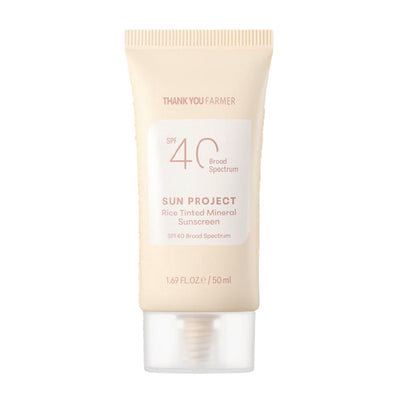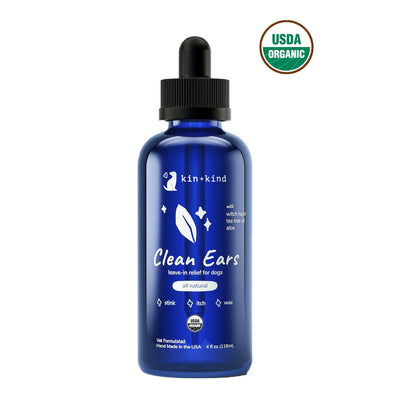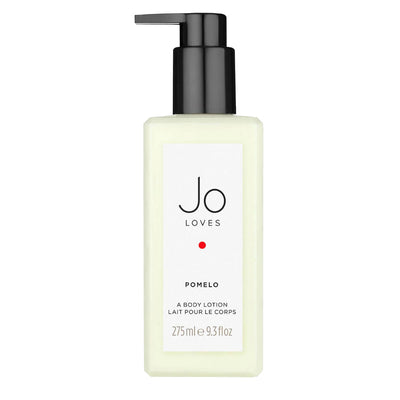How to prevent blue light damage
The world has been in pandemic mode more than a year. The rise in digital screen time not only increase vision problems but also our skin problems. Some reports have shown that eight hours of screen time can be equivalent to 20 minutes of sun exposure. Our skin won’t visibly burn and is not associated with skin cancer like UV rays are, but it can cause skin to age prematurely.
What is blue light?
Each colour in the visible light spectrum has a different wavelength and energy level. Blue light has shorter wavelengths and higher energy than other colours. Some research shows a link between eye damage and short-wave blue light, including most of the light from the LEDs used in smartphones, TVs, and tablets. Blue light helps regulate your circadian rhythm, or wake-and-sleep cycle. But the blue light from watching TV or scrolling through social media too late at night stimulates your brain, slowing or stopping release of the sleep hormone melatonin. That makes it harder to get a good night’s sleep.
The effects of blue light on skin.
Blue light poses potential skin harm via free radical generation. Blue light has the ability to penetrate deeper into the skin compared with both UVA and UVB light. In fact, blue light can penetrate all the way to our dermis, where our collagen and elastin live. Blue light contributes to brown spots on the skin and hyperpigmentation such as melasma, and possibly to photoaging and the breakdown of collagen, which leads to wrinkles and skin laxity. The damage is cumulative, and just as blue light can impact your sleep cycle, it can also disrupt the circadian rhythm of skin cells. Your skin's regenerative cycle can get thrown out of whack, potentially causing more skin damage over time.
How to protect our skin from blue light damage?
- The skin naturally contains antioxidants such as vitamin E, but these are used up when the skin is exposed to excess free radicals (i.e. UV light, visible blue light and other environmental factors such as pollution). Applying topical antioxidants in the form of skincare, as well as eating a diet rich in antioxidants can boost our skin’s defense against oxidative environmental damage.
- Some smartphones have a setting that disables blue light in favour of yellow light (often called night mode) which makes it easier on your eyes and on your skin. If your phone has this feature, use it all the time as a great anti-ageing and eye-saving method.
- Wearing blue light glasses or opting to turn on the blue-light screen filters most devices offer can help to reduce the accumulation of skin damage caused by blue light.








Leave a comment